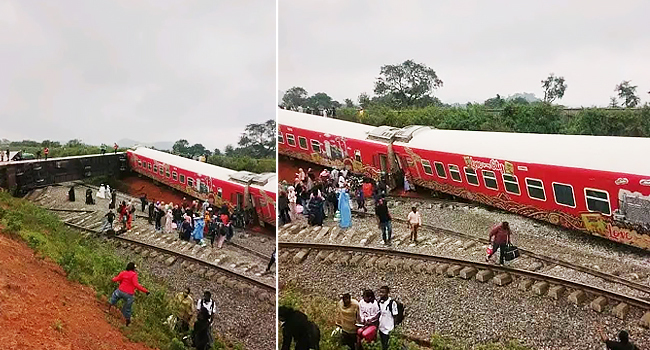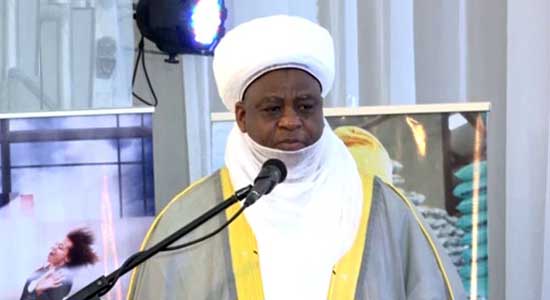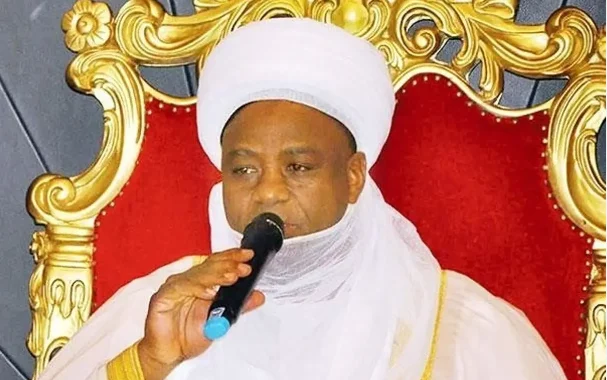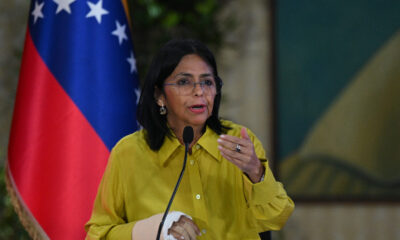The Nigerian Safety Investigation Bureau has revealed that poor infrastructure maintenance and operational lapses were the primary causes of the Abuja-Kaduna train derailment that occurred on August 26, 2025.
The bureau’s preliminary report, released on Wednesday, slightly differs from the Nigeria Railway Corporation’s earlier explanation and sheds light on long-standing systemic failures.
The NSIB disclosed that 21 passengers sustained varying degrees of injuries, not 20 as initially claimed by the NRC. Fortunately, no fatalities were recorded. According to the report, the injured passengers received first aid before being evacuated to hospitals for further treatment.
The accident involved NRC’s train number AK1, powered by locomotive CDD5c2 2701, which derailed at the Asham section of the Abuja-Kaduna rail corridor around 11 am that morning. The derailment caused carriages to overturn, sending passengers scrambling for safety. Eyewitnesses described the incident as chaotic, with some fearing it was a terrorist attack before realising it was an accident.
In the immediate aftermath of the accident, the NRC attributed the derailment to human error, excessive speeding, and misapplication of the emergency brake system.
However, the NSIB’s preliminary report paints a very different picture.
According to the bureau, the derailment was largely linked to neglected infrastructure, including a broken point clip and an unserviceable automatic switch mechanism at Asham Station. With the equipment inoperative, railway staff were forced to manually operate and lock the switch — a risky procedure that set the stage for disaster.
When the train passed over the defective section, the front coaches began to shake violently before derailing, damaging over 300 sleepers, destroying hundreds of track fasteners, and inflicting heavy damage on parts of the signalling system.
The NSIB noted that the faulty infrastructure had been flagged in an earlier derailment at the same location just 13 months prior. At that time, only superficial repairs were carried out on the damaged sleepers. “The occurrence was the second derailment at Asham Station within 13 months,” the report said. “Some sleepers damaged in the previous incident were only patched, rather than being properly replaced.”
Beyond infrastructure problems, the Bureau highlighted operational weaknesses within the NRC. Personnel had undergone only initial training, with no formal refresher courses to update their skills. Critical operational and maintenance tools such as OEM spare parts, CCTV cameras, clocks, and other communication devices were either unavailable or left in disrepair.
The bureau’s report stressed that the lack of adequate infrastructure and training meant that staff were ill-prepared to manage risks effectively. On the day of the derailment, the shunter cleared the train to proceed manually, despite the faulty switch. The result was a devastating derailment that shook public confidence in the nation’s rail system.
Though no lives were lost, the injuries sustained by 21 passengers highlighted the consequences of systemic neglect. “Official records confirmed 21 passengers sustained minor to major injuries, some passengers were evacuated without recourse to local health facilities,” the report noted.
The NSIB issued several immediate safety recommendations to prevent future derailments and improve the reliability of rail services in Nigeria. These include immediate replacement of all derailment-affected sleepers to ensure track stability, replacement of all point switches at Asham Station and across the Abuja-Kaduna route with reliable OEM parts.
Others include addressing all caution zones along the corridor to reduce the risk of further accidents, regular refresher training for NRC personnel to maintain high safety and operational standards, restoration of all defective monitoring and communication equipment to OEM standards, including CCTV systems, clocks, and signalling systems.
The Director of Public Affairs and Family Assistance at the NSIB, Bimbo Oladeji, explained that the preliminary report represents early findings and is subject to further analysis. “The final report will present detailed conclusions and additional recommendations to enhance rail safety in Nigeria,” he said.
Oladeji added that the NSIB is committed to conducting a thorough investigation that not only identifies immediate causes but also addresses the systemic issues threatening the safety of Nigeria’s growing rail transport sector.
The Abuja-Kaduna rail corridor has long been regarded as a strategic transport link, serving thousands of commuters daily. However, the derailment has once again raised concerns over the state of Nigeria’s railway infrastructure. For passengers, the incident has revived memories of past tragedies and heightened anxiety over the safety of train travel.
Industry experts believe that unless urgent reforms are implemented, the NRC risks further eroding public trust. Analysts note that the Abuja-Kaduna line, which has already suffered from terrorist attacks and vandalism in recent years, cannot afford additional safety failures.
The NSIB’s preliminary findings highlight a pressing need for systemic reforms in Nigeria’s rail operations. Infrastructure must be maintained to OEM standards, personnel must receive regular training, and critical safety equipment must be restored and upgraded.
While passengers can take some comfort that no lives were lost in the latest derailment, the incident underscores the high cost of neglect. If Nigeria is to expand its rail network and make it a reliable alternative for mass transit, the safety lapses that contributed to the August derailment must be urgently addressed.
The bureau’s final report, expected in the coming months, is anticipated to provide more comprehensive guidance for ensuring that rail travel in Nigeria meets international safety standards.
punch.ng
FOLLOW US ON:
FACEBOOK
TWITTER
PINTEREST
TIKTOK
YOUTUBE
LINKEDIN
TUMBLR
INSTAGRAM

 Politics21 hours ago
Politics21 hours ago
 Lifestyle22 hours ago
Lifestyle22 hours ago
 Business22 hours ago
Business22 hours ago
 Lifestyle22 hours ago
Lifestyle22 hours ago
 Sports22 hours ago
Sports22 hours ago
 Lifestyle12 hours ago
Lifestyle12 hours ago
 News21 hours ago
News21 hours ago
 Politics22 hours ago
Politics22 hours ago






























